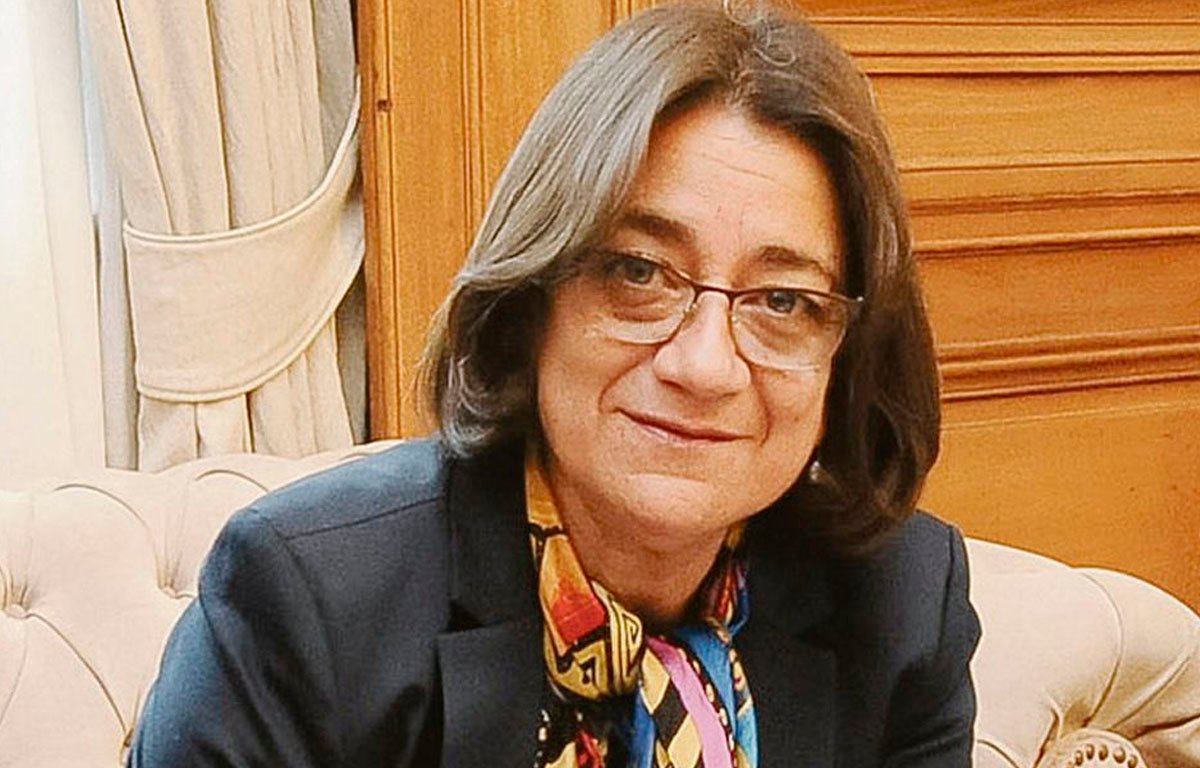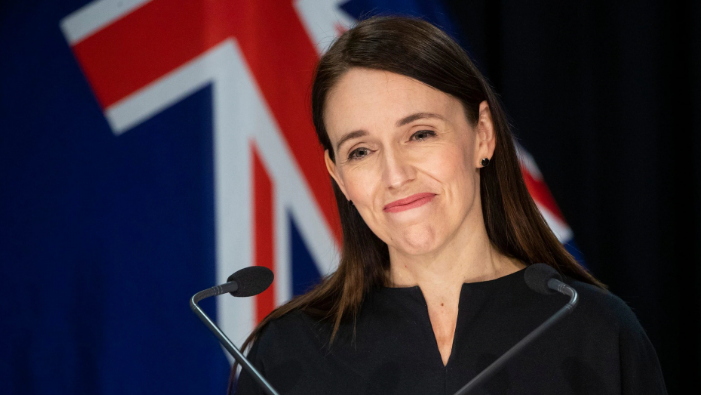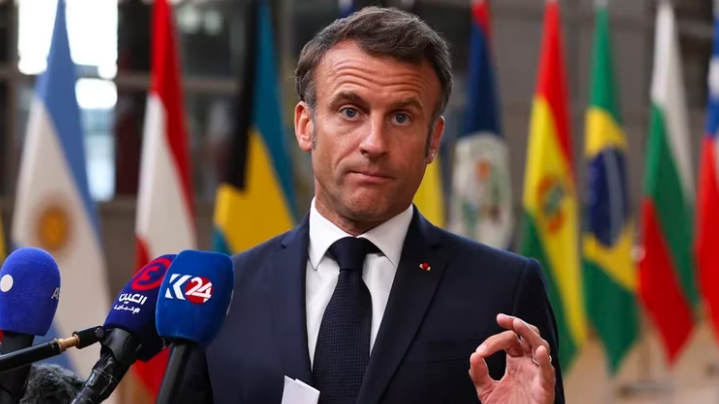Who is Andrés Larroque?
He was a member of the National Chamber of Deputies for the Autonomous City of Buenos Aires and for the province of Buenos Aires, representing the political alliances Frente para la Victoria, Unidad Ciudadana, and Frente de Todos.
Currently, he holds the position of secretary general of La Cámpora and serves as the minister secretary of Community Development for the province of Buenos Aires.
Where did Andrés «Cuervo» Larroque engage in activism?
Andrés Larroque began his political activism in 1995, taking his first steps in the student council of the Instituto Nacional de Buenos Aires, where he became president the following year, although he had already been involved in political activities since the age of thirteen.
Because he constantly wore a Club Atlético San Lorenzo de Almagro shirt during those years, his classmates nicknamed him «Cuervo», a name by which he has been known ever since.
In the early 2000s, he was one of the founders of the youth political group La Cámpora.
Larroque explains that those who were active in the organization from the beginning were Kirchnerists, but without direct links to the government of Néstor Kirchner—i.e., informal members. From then on, the relationship with Kirchnerism became formal, and La Cámpora became part of the political base of the government.
How did he start his activism in La Cámpora?
He became secretary general of the organization—a position he still holds—and later admitted that he was “surprised” by the number of new members who joined La Cámpora during some of the most tense moments of Cristina Kirchner’s government, such as the 2008 agrarian lockout and the debate over the Media Law.
Due to this influx of young people into La Cámpora, Larroque described the group as the opposite of many current leaders who suffer from “selective Peronitis” or who betrayed the popular will just months after taking office.
What political line does Larroque follow?
Among the various Peronist currents, Larroque maintains that strengthening grassroots activism is the main task, aimed at building the largest possible organization to support and defend the national project on the ground.
From his point of view, activism has “a defensive role against the attacks targeting this government.”
La Cámpora
Within La Cámpora’s leadership, Larroque has prioritized a strong territorial presence through the promotion of community service initiatives, such as those carried out in Greater Buenos Aires after the floods caused by heavy rains in 2012.
There, members worked with neighbors to repair damaged homes, cut down trees, and clear streets affected by the storm, among other tasks.
He also promoted the creation of community kitchens and the founding of the December 19th Neighborhood Front in Villa Lugano, Bajo Flores, and Villa Soldati.
During his leadership, it was also established that La Cámpora would compete for youth spaces, especially in universities and high schools, with a strong presence among students and support from various sectors of society.
These included figures from social movements, human rights organizations, and journalism. The group also carried out aid operations during natural disasters and support efforts in underserved neighborhoods.
What bills did Larroque propose?
In 2013, he presented an anti-discrimination bill that included aspects not covered by the existing 1988 law. The proposal aligned with the National Plan Against Discrimination approved by Néstor Kirchner in 2006.
He introduced a bill to prohibit ads, publications, or any form of messaging that promotes sexual services or references the request of individuals for sexual commerce, through any medium. The aim was to elevate Decree 936, which in 2011 banned ads that encourage sex work and human trafficking, and give it legal status.
In 2016, he presented a resolution in the Chamber of Deputies condemning the police repression of the La Bancaria union during protests over layoffs at the Central Bank carried out by Federico Sturzenegger. Together with other lawmakers, he also introduced a bill against outsourcing and labor precarization.
In 2013, he proposed a bill titled “Statute for Call Center Teleoperators” that limits the workday to a maximum of six hours, or five and a half for night shifts, and grants a 15-minute break every two hours worked.
Public service career
On May 14, 2010, he was appointed head of the Subsecretariat for Institutional Reform and Strengthening of Democracy, where he had already served as a director since 2009. This agency reports to the Chief of the Cabinet of Ministers.
He took the position following María Cristina Perceval and drafted a Freedom of Information bill to guarantee public access to information without requiring justification and to obligate all three branches of government to digitize and make their decisions publicly accessible.
Pérez emphasized that the new political context “allows progress on this bill, whose central idea is for the State to proactively make its data transparent and give citizens the ability to request any kind of information.”
The following year, he ran as the third candidate for national deputy on the Frente para la Victoria ticket for the city of Buenos Aires and was elected.
During a session held in memory of former president Néstor Kirchner, Larroque took his oath of office “for Néstor Kirchner and for all activists.”
He renewed his seat in 2015 and again in 2019, this time representing the province of Buenos Aires.
In 2020, he was appointed minister secretary of Community Development of the province of Buenos Aires by governor Axel Kicillof.








